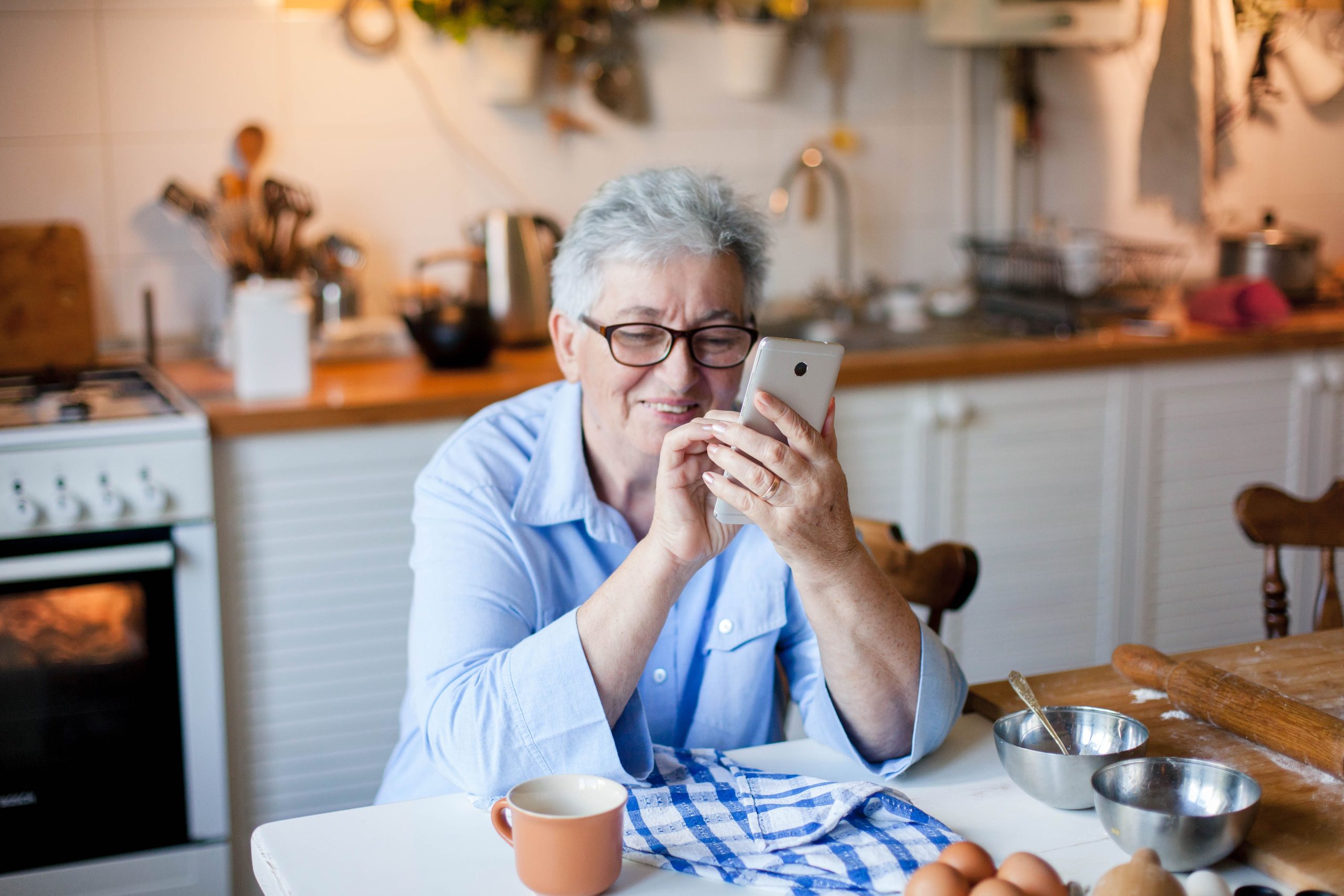Covid-19 (gosh after nearly 10 months don’t we just hate hearing that phrase), has highlighted serious and deep divisions in society, be that wealth inequality, deprivation, loneliness, mental health and obesity. But one of the most shameful of all has been the amplification of ageism.
It’s a source of great concern and upset to many of my ‘Boldie’ friends and I that the pandemic has cast a significant shadow over the majority of active, happy and fit older adults, stereotyping everyone as vulnerable or worst still, the older you get the frailer you are.
Gone has all talk of 60 being the new 40 and 70 the new 50. Even those in their 50s, and I count myself in this number, have not escaped endemic ageism and have found ourselves threatened with self-isolation because we were vulnerable. Well, I have news for everyone we are all vulnerable no matter what our age.
What seems to have been lost within the narrative of Covid is that the real vulnerability factors are co-morbidities which can lead to an increased risk of complications, ‘long Covid’ and sadly even death. Co-morbidities impact all age groups, not just those of us over 50. Take obesity, which is a major risk factor, then there is asthma, numerous heart conditions, mental health and many more conditions. People living with dementia have been one of the hardest hit groups and whilst people think this is a wholly age-related condition, it can strike people in their 30s and 40s. Age cannot be said to be the cause of dementia. Studies have found many other important triggers, including but not limited to: diet, loneliness, lifestyle pollution and even ageism itself.
These ‘environmental’ factors impact all age groups in our society. It is these that need amplifying during this pandemic and urgent steps taken to ‘level-up’ to use the parlance of the day.
Stereotyping the over 50s and 60s as one homogenous group is missing the point. We at TheBoldAge have written about so many amazing ‘Boldies’ that are fitter and more active than many people decades younger. Whilst I don’t believe it for one minute, my fitness age according to Garmin is 28, it’s especially galling because during this year I was cycling 50 miles plus a few times a week and quite often being passed by older, fitter cyclists than me and I like to think I am no slouch.
Then you also get the ‘retired’ (an ageist term if ever there was one) doctors, nurses and volunteers that went back to the NHS to support the nation in its hour of need. Now this is where the logic seems to defy me – you need to ‘self-isolate’ but you are okay to work on the wards. You either need to self-isolate or not.
Furthermore, there is the whole situation surrounding care homes. I truly understand the need to take care, but in my opinion what has been going on over the past months, regarding non-contact between partners, loved ones and relatives and meeting through windows has been shameful. Surely to goodness cleverer people than me could have come up with a better plan. However, the thing that really gets ‘my goat’ is that nobody seems to have asked the older people what they want to happen.
The British Society of Gerontology commenting on the UKs self-isolation plans, putting it all into context for me, when they succinctly pointed out:
‘There are currently more than 360,000 people over 70 in paid work, including one in seven men between 70 and 75 and one in sixteen women. Almost one million people over the age of 70 provide unpaid care, including one in seven women in their 70s. One in five people aged between 70 and 85, over 1.5 million people, volunteer in their communities. People in good health are especially likely to volunteer at older ages with almost a third of those in their early 70s doing so. Older adults should not be excluded but should be seen as a vital and necessary part of economic and community life.’
This selective policy of self-isolating the older amongst us on a ‘one size fits all’ basis, only ferments and amplifies inter-generational divisions and sets back tackling the scourge of ageism not just years but decades.
Remember most of us are going to experience getting older and becoming ‘elderly’ – so surely we as a society as well as policymakers need to make a difference if nothing else but for the sake of our future selves.
